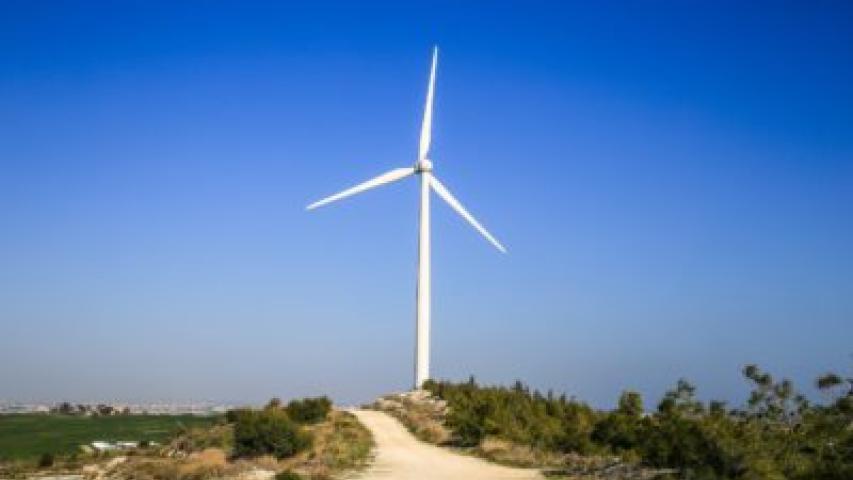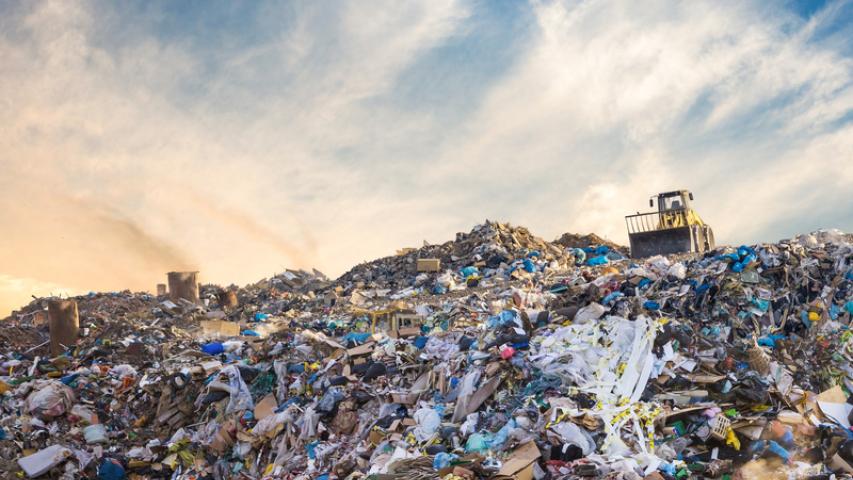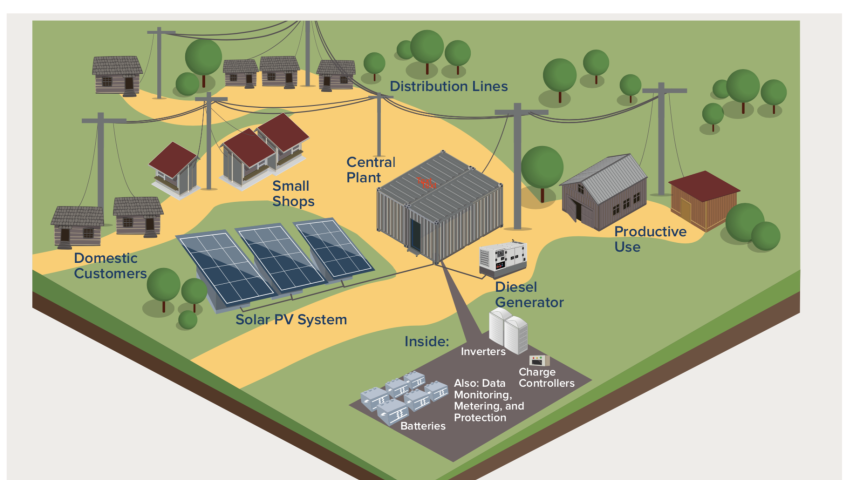Climate Resilience
Climate resilience is the capacity to prepare for, predict and respond to nature disasters, hazardous events, trends, or disturbances related to the climate.
According to the Intergovernmental Panel on Climate Change (IPCC), resilience refers the ability of social, economic and environmental systems to withstand and cope with hazardous disturbances and trends while maintaining “their essential function, identity, and structure, [as well as their] capacity for adaptation, learning, and transformation.” Strengthening climate resilience involves assessing how climate change will either create or alter climate-related risks, and adopting measures to better cope with and adapt to these risks.
According to the US Climate Resilience toolkit, the steps to resilience include:
- Exploring hazards
- Assessing vulnerability and risks
- Investigating options
- Prioritizing and planning
- Taking action
Island nations are at particular risk to climate change. Due to their low geographic altitude, limited availability of natural resources and developing infrastructure, island nations are at particular risk to climate change and associated weather irregularities. Island nations also often lack the technical, institutional, technological and financial capacity to develop resilience to climatic changes and disasters. In recent years, multiple nations have suffered substantial damage due to frequent, climate change-related, extreme weather events including hurricanes, tropical storms, droughts and flooding from intense periods of wind and rain. The 2017 Atlantic hurricane season was one of the most active on record with hurricanes Irma, Jose and Maria bringing devastating damage to a number of islands throughout the Caribbean.
CLIMATE SMART ISLANDS
Through an initiative with the IDB, Caribbean islands are being used as platforms to test and demonstrate ways of transitioning to a low carbon and climate resilient development pathway. To become a ‘climate smart’ island, islands need to implement interventions that include climate resilient measures in sectors such as energy, water, waste treatment, tourism, fisheries, transport and infrastructure, among others. Learn more about how islands are taking the steps to resilience through IDB’s Climate Smart Islands Program.
The renewable energy infrastructure of island nations is significantly underdeveloped, meaning that they continue to contribute to their own destruction through carbon emissions. Islands are also particularly vulnerable to the volatility of the global petroleum market. High ocean acidity levels can cause harsh, unnatural marine environments that threaten biodiversity. For nations that rely heavily on the tourism sector (which is increasingly threatened by these extreme weather events), building a resilient, low-emission energy infrastructure and ensuring the tourism industry operates more responsibly is of primary interest and concern.
Related innovations

Oceanus Power and Water
Improving the resilience of the water and energy sector and fighting supply problems in impacted regions is the goal of...

Blue Planet Environmental Solutions
Converting plastic waste to energy Blue Planet Environmental Solutions is a pan-Asian company driving regional sustainability through technologically enhanced and...

Sustainable Energy for Economic Development
SEED The Sustainable Energy for Economic Development team partners with governments, utilities, development partners and the private sector in sub-Saharan...